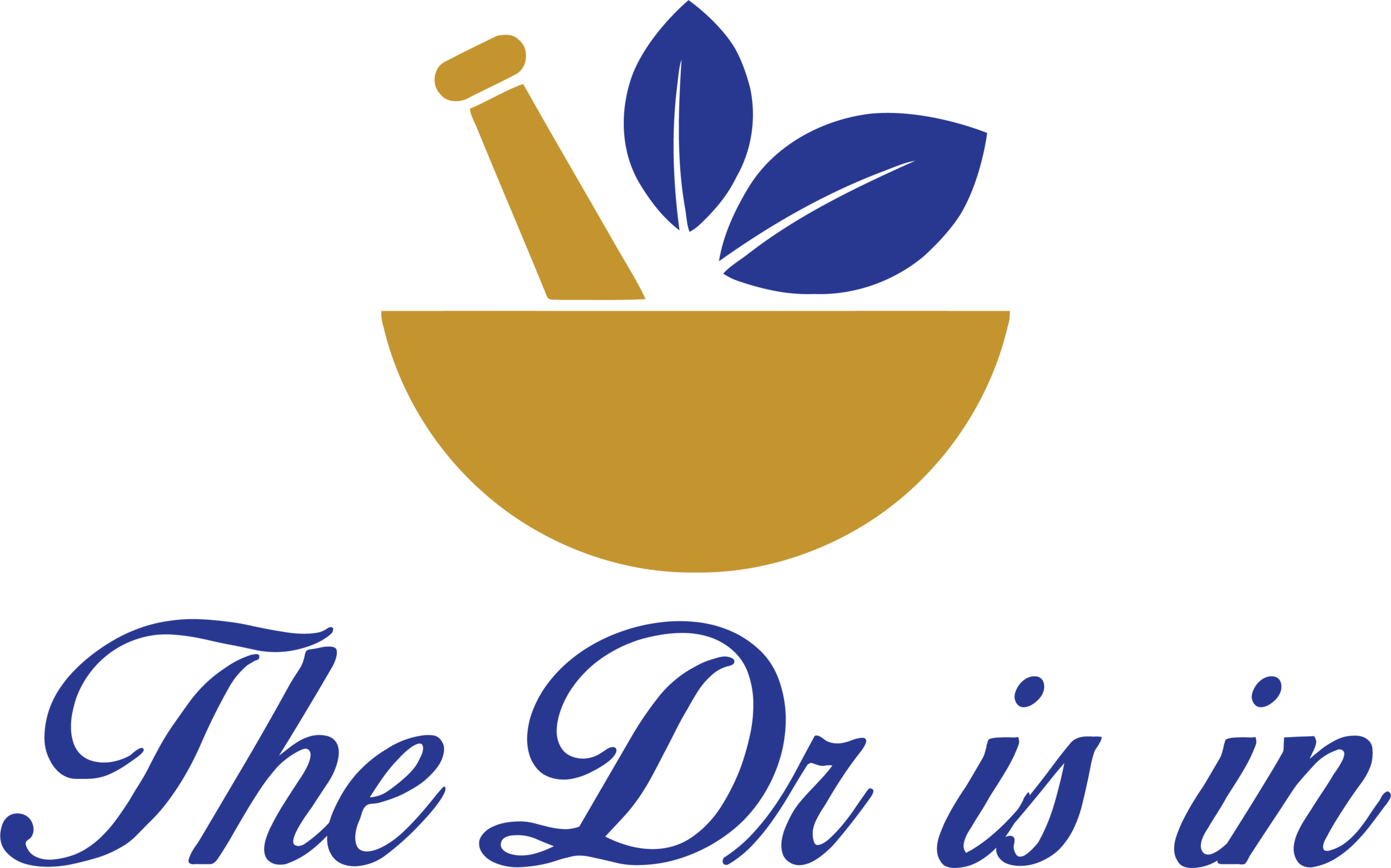Management of Fibroids
Guidance for Women of All Ages
Uterine fibroids are noncancerous growths that can affect women at any stage of life, from young adulthood through menopause. While many fibroids are asymptomatic, others can cause symptoms like heavy menstrual bleeding, pelvic pain, bloating, frequent urination, and even fertility challenges. If you’re seeking natural ways to manage fibroids and their symptoms, you’re not alone—holistic and naturopathic approaches are increasingly popular and can complement conventional care.
Understanding Fibroids
Fibroids (also called leiomyomas or myomas) are benign tumors that develop in the uterus. Their growth is influenced by hormones, particularly estrogen and progesterone. While the exact cause is unknown, risk factors include genetics, hormonal imbalances, and lifestyle factors. Most fibroids are not life-threatening, but they can significantly impact quality of life.
Holistic and Naturopathic Approaches
- Dietary Strategies
A nutrient-rich, anti-inflammatory diet is foundational for fibroid management:
- Increase Fruits and Vegetables: Diets high in leafy greens, cruciferous vegetables (like broccoli and kale), berries, and citrus fruits support detoxification and hormone balance.
- Add Whole Grains and Legumes: These provide fiber, which helps regulate estrogen levels.
- Healthy Fats: Incorporate omega-3-rich foods such as flaxseeds, walnuts, chia seeds, and fatty fish to help reduce inflammation.
- Limit Red Meat and Processed Foods: Reducing intake of animal fats and processed foods may lower fibroid risk and symptom severity.
- Boost Vitamin D and A: Low levels of these vitamins are linked to increased fibroid risk. Include sources like fatty fish, eggs, carrots, and leafy greens, or consider supplements after consulting your healthcare provider.
- Stay Hydrated: Adequate water intake supports overall uterine health.
- Lifestyle and Home Remedies
- Apply Heat: A heating pad or warm bath can ease pelvic pain and cramps.
- Prioritize Rest: Rest is essential, especially during heavy bleeding episodes.
- Exercise Regularly: Moderate exercise helps regulate hormones and reduce inflammation.
- Manage Stress: Chronic stress can worsen hormonal imbalances. Mindfulness, yoga, and meditation are beneficial.
- Herbal and Traditional Remedies
- Herbal Medicine: Black cohosh, chasteberry (Vitex), green tea extract, and milk thistle are commonly used to support hormonal balance and reduce fibroid symptoms. *Always consult a qualified practitioner before starting herbal remedies, as effectiveness and safety can vary.
- Acupuncture: Studies suggest acupuncture may help relieve pain and regulate menstrual cycles in women with fibroids.
- Ayurveda and Traditional Medicine: Integrative approaches—including Ayurveda, Unani, Siddha, and yoga—have shown promise in reducing fibroid size and improving symptoms, though more research is needed.
- Homeopathic Remedies
While scientific evidence is limited, some women report symptom relief with homeopathic remedies such as:
- Calcarea carbonica: For heavy periods, fatigue, and feeling cold.
- Sepia: For pelvic heaviness and irregular cycles.
- Lachesis: For left-sided fibroid pain and hot flashes.
- Belladonna: For sudden, intense pelvic pain. *Always consult a homeopathic practitioner for individualized recommendations.
- Complementary Therapies
- Bodywork and Somatic Therapy: Techniques such as massage and guided imagery may help ease discomfort and improve well-being.
- Yoga and Gentle Movement: Support pelvic health and stress reduction.

When to Seek Medical Care
Natural and holistic therapies can be highly supportive, but it’s important to work with your healthcare provider for diagnosis and monitoring. Seek medical attention if you experience severe pain, very heavy bleeding, or symptoms that disrupt your daily life. In some cases, conventional treatments such as medication or minimally invasive procedures may be necessary.
Managing fibroids holistically is about supporting your body’s natural balance through nutrition, lifestyle, and gentle therapies. While these approaches may not cure fibroids, many women find significant relief from symptoms and improved quality of life. Always consult a healthcare professional before starting new supplements or therapies, especially if you’re considering alternatives to conventional treatment.

